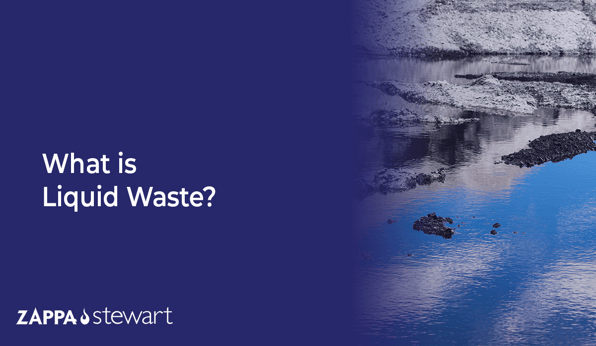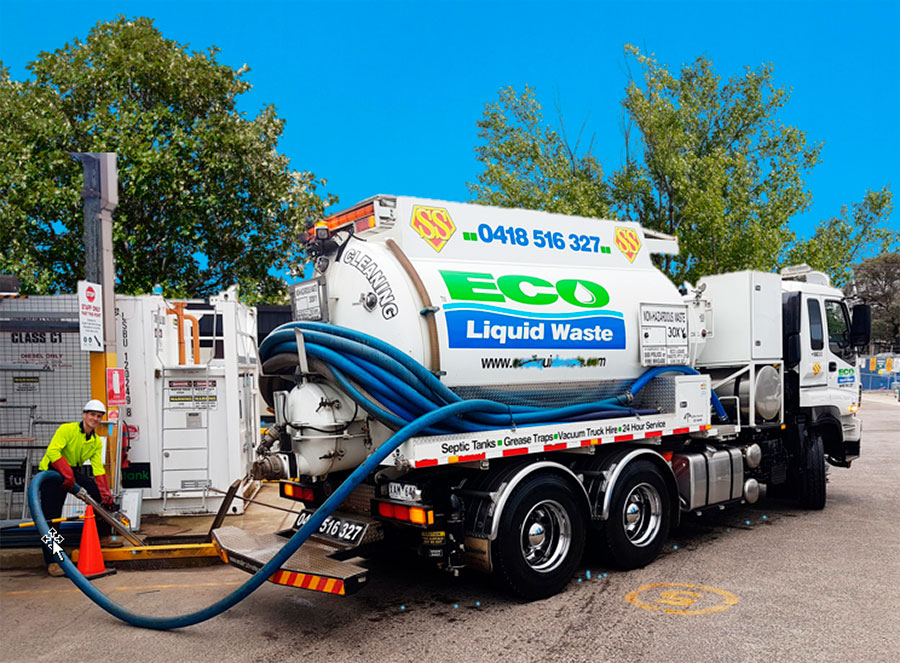Reclaim Waste Fundamentals Explained
Reclaim Waste Fundamentals Explained
Blog Article
How Reclaim Waste can Save You Time, Stress, and Money.
Table of ContentsAn Unbiased View of Reclaim WasteSome Known Factual Statements About Reclaim Waste Not known Facts About Reclaim WasteThe Only Guide for Reclaim WasteSee This Report about Reclaim Waste
Check out the kinds, occurrences, and types of liquid waste. Residential sewage waste refers to the waste and items from a household sewage-disposal tank. This kind of waste is created by people in residences, schools, and various other buildings. This only consists of septic systems that have a drainpipe area. The correct management and disposal of residential sewage waste need fluid waste to be transferred to a sewer treatment plant where the proper techniques and devices are applied to cleanse and dispose of waste.
Industrial waste frequently consists of possible threats, such as combustible materials or a blend of liquid and strong waste products, and needs an advanced and detailed disposal process. The disposal of industrial waste commonly entails the filtration of waste before transport to make certain risk-free and correct disposal. Industrial waste is produced from results and overflow of commercial procedures and manufacturing.
This sort of waste can not use the exact same sewer monitoring transportation or processes as septic or business fluids. The industrial waste administration procedure requires the evaluation and screening of fluid waste before it undergoes the disposal procedure (industrial wastewater treatment). Runoff waste is the liquid waste that comes from overflow and excess stormwater in highly populated locations or cities
Overflow waste can trigger contamination and flooding if not handled appropriately. Discover a lot more about sewage system cleansing and waste monitoring. Making certain correct waste monitoring can protect against disasters and minimize environmental injury. Both people in household setups and professionals in business or manufacturing markets can take advantage of comprehending the procedures and policies of liquid waste monitoring.
What Does Reclaim Waste Do?
Call PROS Services today to discover regarding our waste monitoring and disposal services and the appropriate means to care for the liquid waste you generate.
(https://www.openstreetmap.org/user/reclaimwaste1)This supposed 'wastewater' is not only an important source but, after therapy, will certainly be launched to our land, waterways or the ocean. Utilized water from toilets, showers, baths, kitchen area sinks, washings and industrial processes is known as wastewater.

water made use of to cool equipment or tidy plant and tools). Stormwater, a kind of wastewater, is overflow that moves from farming and city areas such as roofings, parks, gardens, roadways, courses and gutters right into stormwater drains, after rainfall. Stormwater flows without treatment directly to local creeks or rivers, ultimately reaching the sea.
Reclaim Waste - The Facts
In Queensland, the majority of wastewater is dealt with at sewage treatment plants. Wastewater is moved from residential or industrial websites through a system of drains and pump terminals, referred to as sewerage reticulation, to a sewer treatment plant. City governments construct, keep and run most sewage treatment plants. Operators are licensed under the Environmental Defense Act 1994 to release treated wastewater at an acceptable ecological requirement right into waterways.
The Department of Natural Resources encourages neighborhood federal governments concerning handling, operating and maintaining sewerage systems and treatment plants. In unsewered locations, city governments might call for owners to mount specific or family sewer therapy systems to deal with residential wastewater from toilets, kitchens, bathrooms and laundries. The Department of Natural Resources authorizes the use of household systems when they are verified to be effective.
In some new class, therapy of some stormwater to get rid of clutter, sand and crushed rock has begun making use of gross contaminant catches. Wastewater treatment takes place in four phases: Removes strong matter.
Utilizes little living organisms understands as micro-organisms to damage down and remove staying liquified wastes and fine particles. Micro-organisms and wastes are integrated in the sludge.
Reclaim Waste - The Facts
Nutrient elimination is not offered at all sewer therapy plants because it requires expensive specialised equipment. Clear liquid effluent generated after therapy may still consist of disease-causing micro-organisms - liquid waste removal.

A lot of wastewater moves into the sewage system. Under the Act, regional governments provide approvals and permits for environmentally pertinent activities (Periods) involving wastewater launches that might have a neighborhood impact.
Reclaim Waste for Dummies
Tracking supplies accurate info regarding water top quality and can verify that permit problems are being satisfied. The info gotten through monitoring offers the basis for making water quality decisions.
Report this page